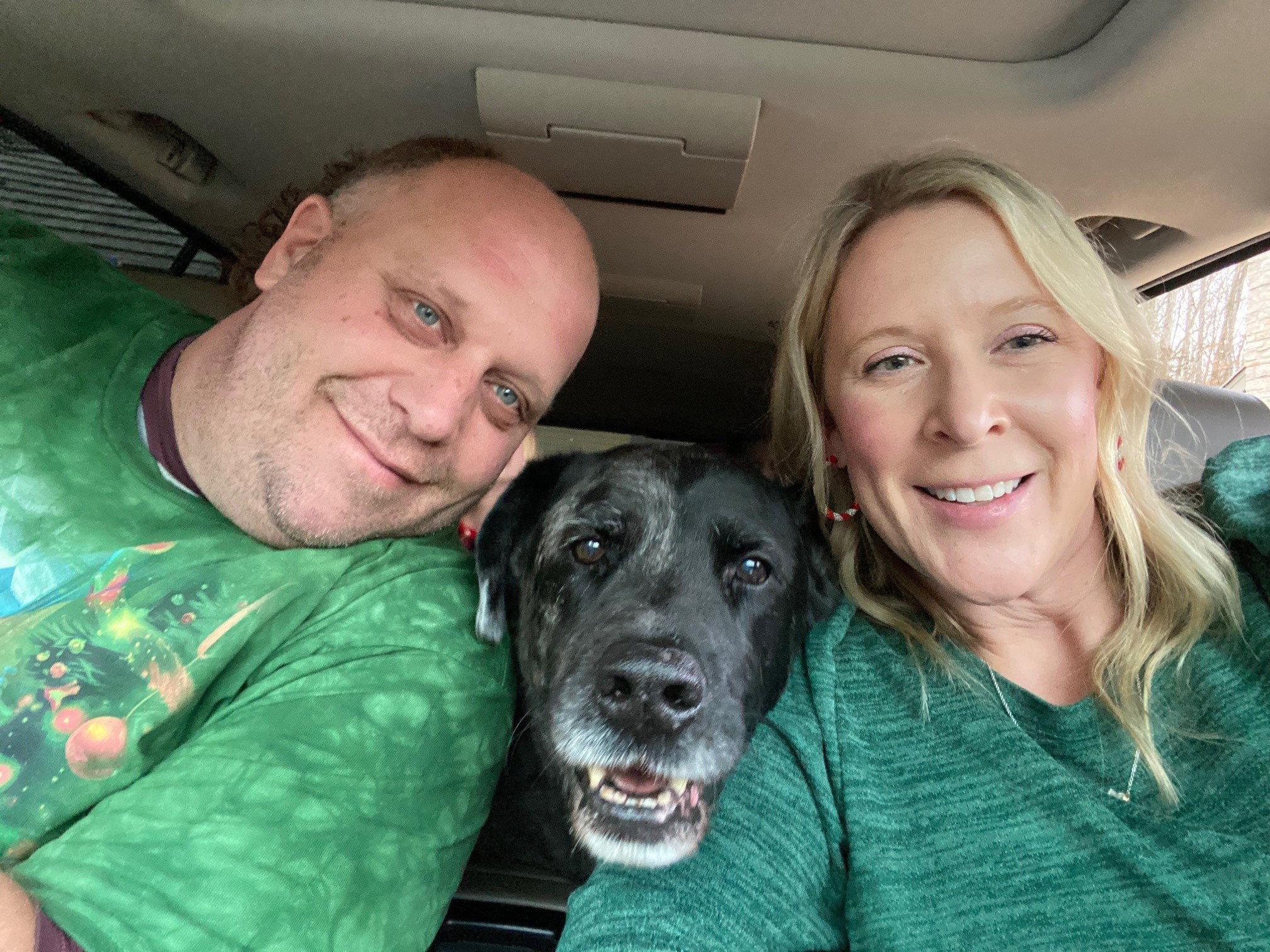A Compassionate Guide

Losing a beloved dog is losing a family member. The grief can be overwhelming, leaving your friend feeling isolated and heartbroken. Many people underestimate the profound impact of pet loss, but as a caring friend, your support can make a significant difference in your friend’s healing journey. This guide offers compassionate, practical ways to help a friend navigate the difficult terrain of pet loss grief.
Understanding the Depth of Pet Loss Grief
When a friend loses their dog, they’re not just losing a pet—they’re losing a daily companion, a source of unconditional love, and often a primary emotional support. Research shows that the grief experienced after losing a pet can be as intense as losing a human family member. This grief deserves acknowledgment and respect.
“Pet loss is a disenfranchised grief,” explains pet loss counselor Dr. Jen Reeve. “Society often doesn’t recognize how deeply we bond with our animal companions, leaving many people feeling they should ‘get over it’ quickly.”
Meaningful Ways to Support Your Friend After Dog Loss
1. Validate Their Feelings Without Judgment
One of the most meaningful gifts you can offer is validation. Let your friend know their grief is legitimate and deserves space:
- Use their dog’s name in conversation: Continuing to speak of their companion by name acknowledges their importance and ongoing presence in your friend’s heart.
- Avoid minimizing phrases: Statements like “it was just a dog” or “you can get another one” can be deeply hurtful. Instead, try “I know how much Bella meant to you” or “I understand this is a profound loss.”
- Create space for all emotions: Grief isn’t just sadness—it can manifest as anger, guilt, or even relief if their dog suffered. Hold space for whatever emotions arise.
2. Offer Practical Support During the Initial Shock
Grief can make even simple tasks feel overwhelming. Consider offering specific help rather than the vague “let me know if you need anything”:
- Bring a prepared meal: Choose comfort food that’s easy to reheat when appetite returns.
- Help with final arrangements: Offer to research cremation services or accompany them to appointments.
- Take care of other pets: If they have other animals, offer to walk them or provide care while your friend processes their grief.
3. Help Create Meaningful Ways to Remember
Creating tangible memorials can provide comfort and a sense of continued connection. Consider gentle suggestions when the time feels right:
- Plant a memorial tree: A living tribute can be especially healing—watching something grow in honor of their dog provides ongoing comfort. Consider helping them select a species that holds special meaning or reflects their dog’s character.
- Create a memory box: Help gather photos, collar tags, paw prints, and other mementos in a special container they can revisit when they need to feel connected.
- Establish a ritual: Suggest a simple remembrance ritual for significant dates, like visiting their dog’s favorite park on their birthday.
4. Be Present for the Long Haul
Pet loss grief doesn’t disappear quickly. Your continued presence matters:
- Mark your calendar: Set reminders for difficult anniversaries like adoption days, birthdays, or the day of passing.
- Check in regularly: A simple text saying “Thinking of you and Max today” can mean everything, especially weeks or months later when others have moved on.
- Listen to the same stories: Be willing to hear the same memories repeatedly—storytelling is how we process grief and keep memories alive.
What to Avoid When Supporting a Grieving Pet Parent
Even with the best intentions, certain approaches can inadvertently deepen pain:
- Don’t suggest immediate replacement: Getting another dog isn’t “replacing” the one lost, and many need time before welcoming another companion.
- Avoid comparisons: Each grief journey is unique, so avoid comparing their experience to others or to previous losses they’ve experienced.
- Don’t impose timelines: There’s no “normal” timeline for pet loss grief—some may feel better in months, while others carry grief for years.
Creating a Living Legacy for Their Beloved Companion
One of the most healing acts can be transforming grief into growth. A living memorial, like a memorial tree, offers a beautiful way to honor their dog’s legacy:
“After losing my golden retriever, Sam, watching his memorial maple grow strong has been incredibly healing,” shares Melissa T. “It’s like his spirit lives on in something beautiful and alive.”
Consider helping your friend select a meaningful tree species—perhaps flowering dogwoods for a gentle companion, mighty oaks for a loyal protector, or cherry trees for a playful spirit. Creating this living tribute together can be a meaningful way to channel grief into hope.
Final Thoughts: Compassion Is the Greatest Gift
The most important thing you can offer a friend who has lost their dog is genuine compassion. Your willingness to acknowledge their loss, sit with their pain, and remember their beloved companion makes a profound difference.
Remember that grief isn’t something to “fix”—it’s a necessary journey of honoring love and connection. By walking alongside your friend during this difficult time, you help them feel less alone and more supported as they navigate life without their faithful companion.
Have you supported a friend through pet loss or experienced it yourself? We would love to learn about your experience. Or for more information about creating meaningful memorial tributes for beloved pets, contact us.